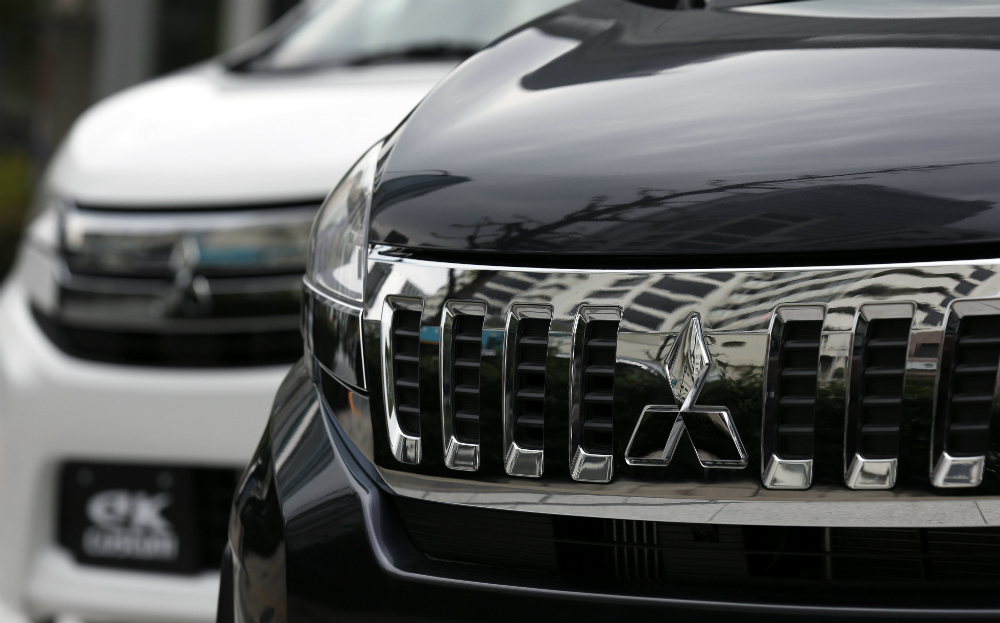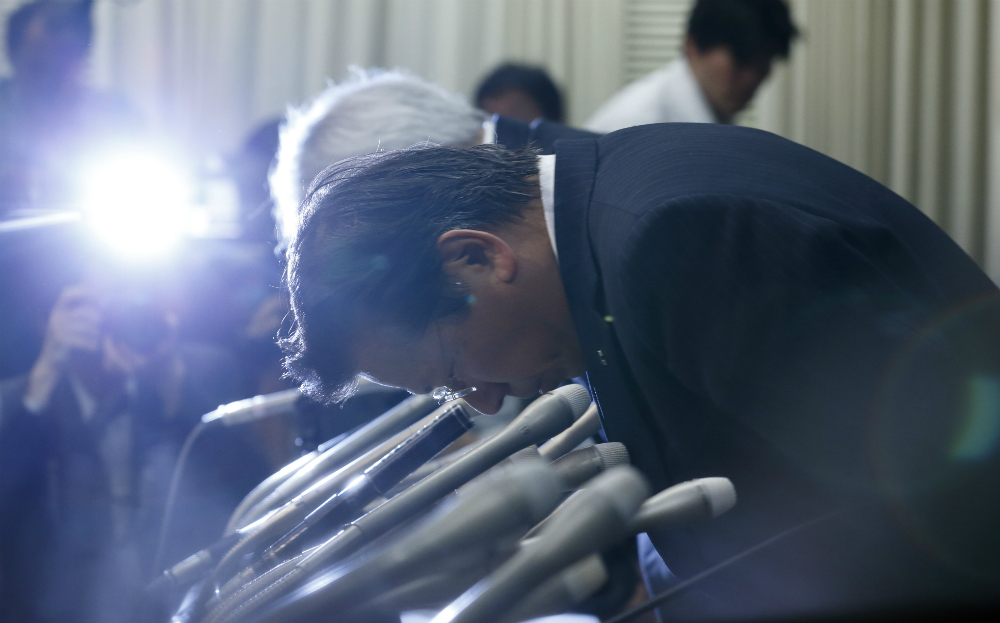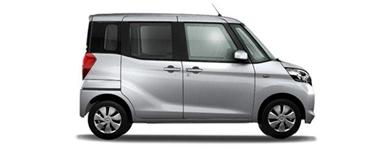First VW Dieselgate; now Mitsubishi admits rigging fuel economy tests
"I feel responsible," says boss

FIRST IT was Germany’s giant Volkswagen Group; now Mitsubishi, one of Japan’s biggest car makers, has admitted cheating in fuel economy tests.
Mitsubishi has admitted that non-standard tyre pressures and artificially improved airflow were used during testing in Japan. This unfairly improved the results for “kei” cars — small, light cars with 660cc engines. Strict parking regulations and tax incentives make these tiny cars a popular choice in Japan’s crowded cities.
Browse NEW or USED cars for sale on driving.co.uk
Announcing the findings in Tokyo, the president of Mitsubishi Motors, Tetsuro Aikawa, bowed before cameras. He said he was unaware of the irregularities but added: “I feel responsible.”

The affected models are the Mitsubishi eK Wagon and eK Space, and the Nissan Dayz and Dayz Roox, which are built by Mitsubishi. To date 625,000 cars are said to be implicated, and Mitsubishi has stopped sales and production of the four affected models. Shares in the company fell by 15%.
Mitsubishi said it had discovered that testing and the passing of test results to the Japanese transport ministry had been “conducted improperly to present better fuel consumption rates than the actual rates”.

The four petrol-powered kei cars are not sold in Britain and the fuel consumption test in Japan is different from the New European Driving Cycle (NEDC) test, which is used as a guide by drivers choosing a new car and researching its fuel economy.
The motor industry has often been accused of manipulating testing methods to make vehicles appear more economical to run than they really are. A new test designed to reflect more accurately fuel consumption in day-to-day driving conditions, the Worldwide Harmonised Light Vehicles Test Procedure (WLTP), has been resisted by car makers.
Mitsubishi’s test-rigging is different from the Dieselgate scandal, investigated by Driving. In the latter, Volkswagen programmed diesel cars to recognise when emissions were being tested on a rolling road: the car would then switch the engine to a cleaner-running mode.
In 2014 the South Korean car makers Hyundai and Kia were hit with a $350m (£243m) fine in the US for overstating their cars’ fuel economy. And Mitsubishi has suffered previous quality and recall scandals, which led to the arrest of company officials. It said an investigation into the economy test rigging would be conducted by outside experts.




